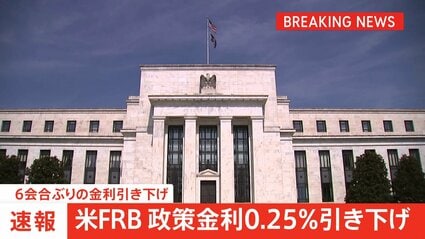The US Federal Reserve (FRB) recently decided to cut interest rates by 0.25%. This decision has wide-reaching implications, primarily affecting Japan's economy. With the US being a significant trading partner, the BOJ (Bank of Japan) will be weighing in on the effects on the Japanese market and potentially making policy adjustments. The exact financial and economic impacts will take some time to ascertain.
Economic news like this sparks interest in Japan as the country heavily relies on trade with the US. Japanese investors, banks, and businesses closely monitor these changes for potential impacts on investment returns, imports/exports, and the overall health of the Japanese economy. Decisions made by the US Federal Reserve can significantly impact the Japanese Yen's stability and the country's inflation rate.
In contrast, US and EU markets respond differently to interest rate changes. In the US, such a decrease could aim to stimulate the economy by encouraging borrowing and investment. In the EU, similar responses depend on the European Central Bank's (ECB) decisions. However, the reactions to these changes could differ based on the prevailing socio-economic conditions unique to each region.

